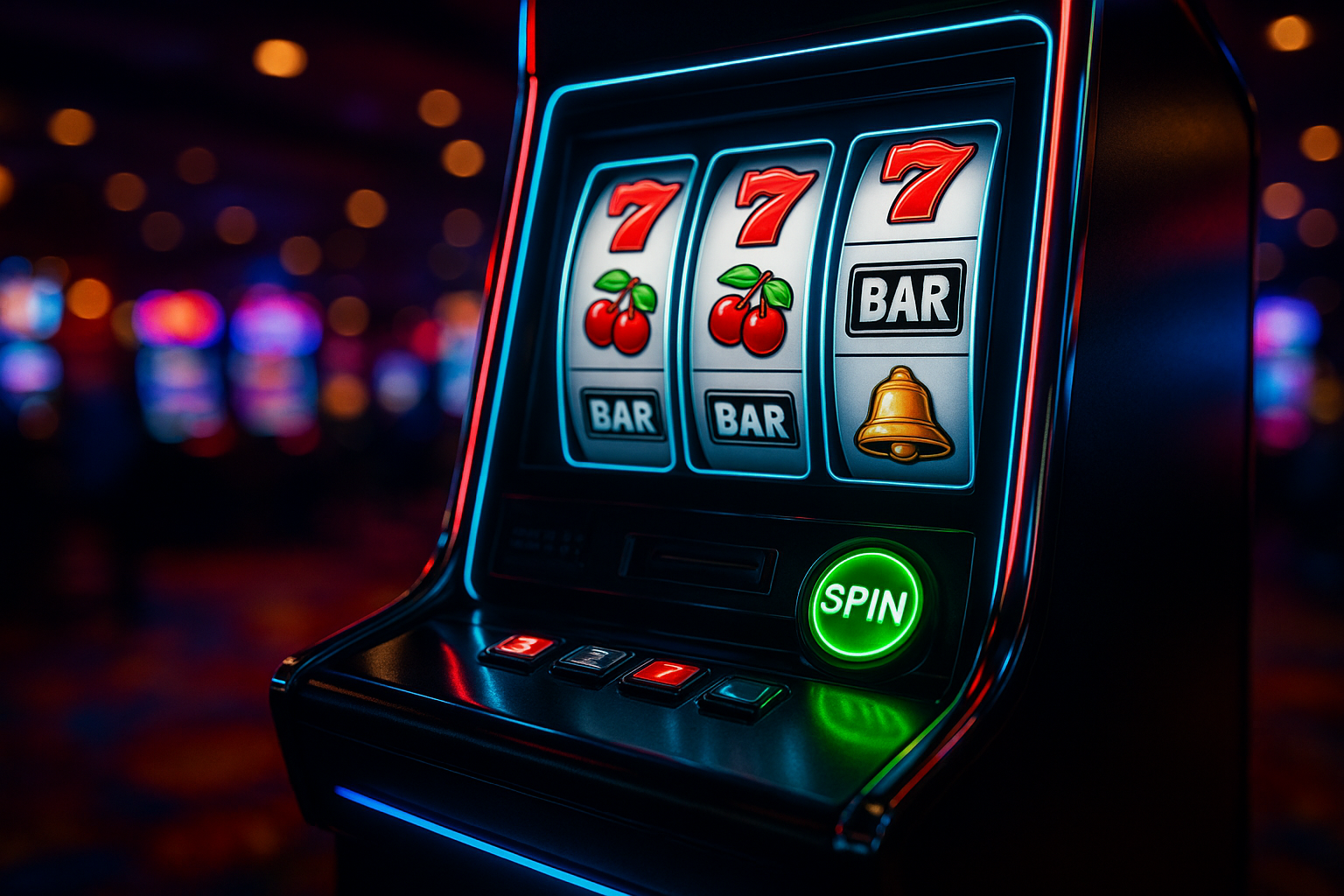Latest News
BCH gears up for November hard fork to resolve mining difficulty

Bitcoin ABC, the full node implementation of the Bitcoin (BCH) protocol, has just released an update that will correct problems associated with the cryptocurrency’s Difficulty Adjustment Algorithm (DAA).
Even though BCH is the true Bitcoin as intended by the original Satoshi white paper, it is still a minority chain and it comes with challenges. Since it forked last August 1, the BCH network has been experiencing wild fluctuations in hash rate as miners jump from the BTC chain to the BCH chain and vice versa. This issue is caused by the Emergency Difficulty Adjustment (EDA) algorithm, which has been implemented into BCH as a survival mechanism “by adjusting difficulty downward if it has only a small proportion of the hash rate.”
To address this issue, Bitcoin ABC has proposed a hard fork to update the DAA. On Wednesday, Bitcoin ABC published version 0.16.0, which contains the updated DAA based on the D601 algorithm developed by Bitcoin ABC lead developer Amaury Séchet.
“This is a change to the Bitcoin Cash consensus rules, but the change does not activate until November 13th. This is a hard fork, so exchanges, wallets, and other software need to upgrade before November 13th,” Bitcoin ABC said in a statement. The development team said they “have been in communication with Bitcoin Cash miners and they are expecting this upgrade.”
The new DAA algorithm has five objectives, including adjusting difficulty hash to hash rate to target a mean block interval of 600 seconds; avoiding sudden changes in difficulty when hash rate is fairly stable; adjusting difficulty rapidly when hash rate changes rapidly; avoiding oscillations from feedback between hash rate and difficulty; and being resilient to attacks such as timestamp manipulation.
More importantly, the code is geared towards on-chain scaling and will further prove that there is no need for any other public blockchains.
‘Logical choice’
Séchet’s D601 algorithm was one of the three proposals—including Neil Booth’s D578 and Tom Harding’s D622—separately tested by Bitcoin ABC as well as Bitprim and blockchain technology and development outfit nChain. All three algorithms had similar results, including producing mean block times of approximately 600 seconds, which Bitcoin ABC said is “a colossal improvement over the current code.”
Meanwhile, nChain also found “D601 is the logical choice. D622 is 3.1% (+/- 1.2% at 95% CI) better in most instances, but there are edge cases against it. For example a large miner can set fluctuations into the timing.”
“We acknowledge that D601… may not necessarily have the highest performance, but since all 3 had similar performance, D601 was selected because it appears to have the least risk,” according to Bitcoin ABC.
-

 Africa6 days ago
Africa6 days agoGhana’s NLA Introduces New Sticker to Clamp Down on Illegal Lotto Operators
-

 Asia6 days ago
Asia6 days agoPAGCOR: Online Gaming fuels nation-building, but illegal sites pose risks
-

 Africa6 days ago
Africa6 days agoRise & Hustle partners with Altenar to power its new sportsbook offering
-

 Central Europe6 days ago
Central Europe6 days agoCT Interactive Announces Strategic Partnership with Ecasino
-

 Eastern Europe6 days ago
Eastern Europe6 days agoDigitain Strengthens Romanian Market Presence Through KingCasino Partnership
-

 Latest News6 days ago
Latest News6 days agoCasino Playa de las Américas Implements JCM’s ICB Technology
-

 Compliance Updates6 days ago
Compliance Updates6 days agoElizabeth Varley, solicitor at licensing law firm Poppleston Allen, shares a handy refresher on the UK’s statutory levy, including the who, how much, why and how to pay
-

 Conference6 days ago
Conference6 days agoBetConstruct to Participate in SBC Summit Lisbon 2025
















